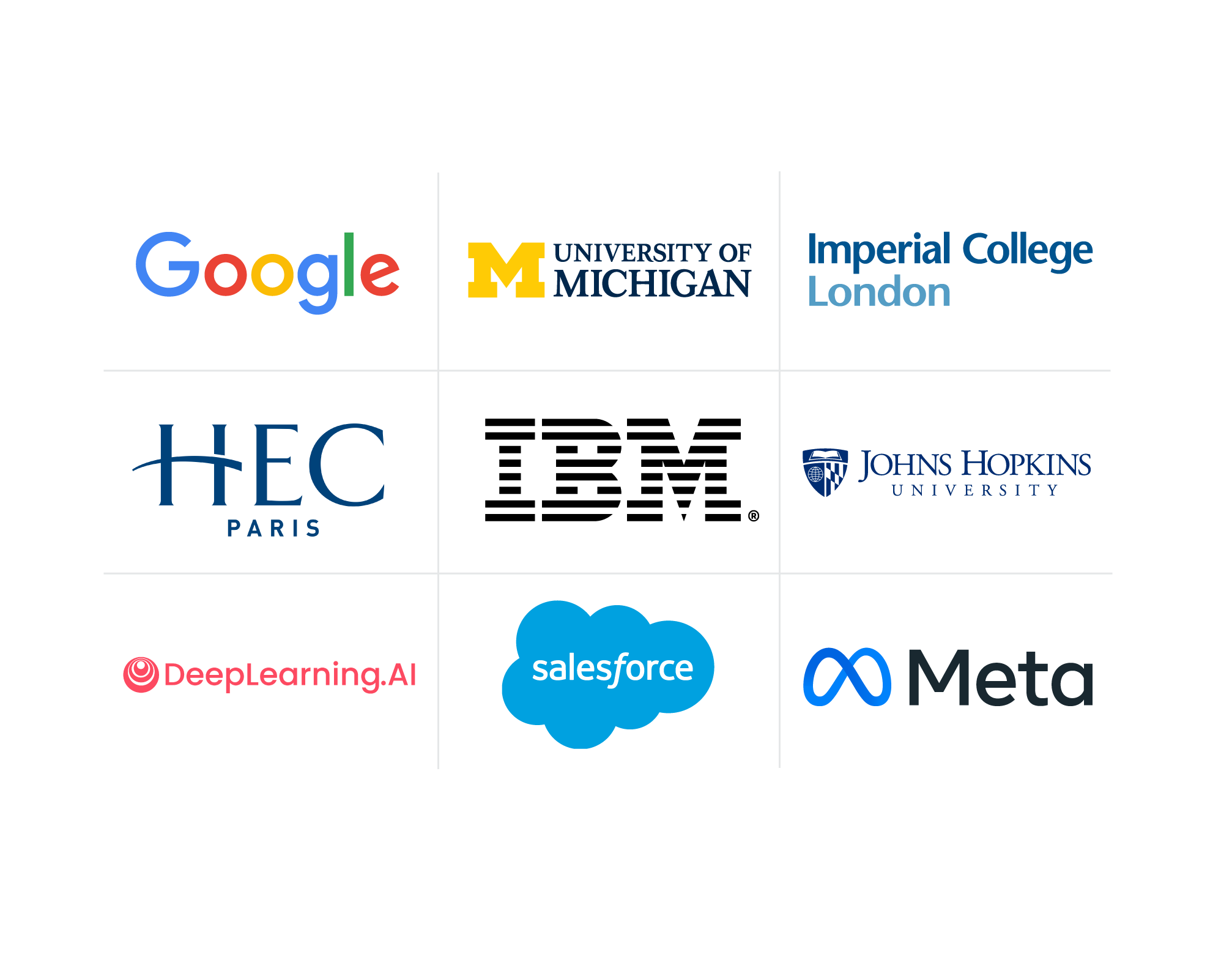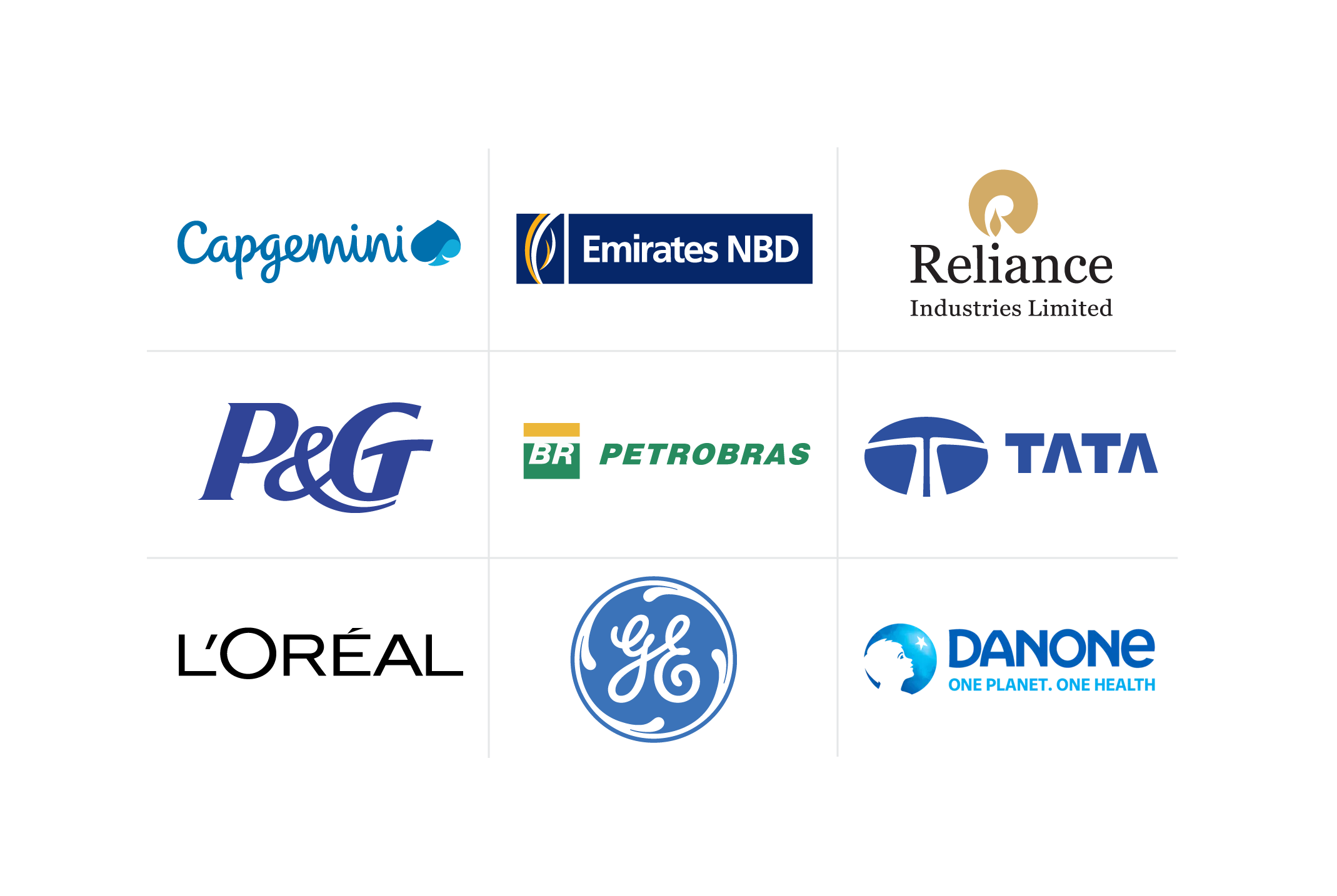What Is Continuing Education?
Continuing education creates opportunities for workers to attain skills and advance careers. Learn more about continuing education and why it's important in the workplace.
![[Featured image] Woman working on a course on a laptop computer sitting at a desk](https://d3njjcbhbojbot.cloudfront.net/api/utilities/v1/imageproxy/https://images.ctfassets.net/2pudprfttvy6/3i11bsVnBqImgZsgRLpTUq/8704b1fcb0a75635e551ed99c1472a4e/GettyImages-1133557365.jpg?w=1500&h=680&q=60&fit=fill&f=faces&fm=jpg&fl=progressive&auto=format%2Ccompress&dpr=1&w=1000)
The history of continuing education in the United States dates back to Benjamin Franklin's Junto Club. From 1727 until 1765, Franklin and a group of friends met to share ideas that could benefit them and their community [1]. Today, continuing education includes many learning opportunities—online courses, conferences, workshops, Professional Certificates, degrees, and more—intended for adults who have already completed their formal education.
In a competitive job market, continuing education can improve a candidate's job prospects and income potential. Employers also benefit from a highly skilled workforce, as it allows them to promote from within the organization, reduces turnover, and increases productivity and positive feelings about the company.
Continuing education vs. professional development
Continuing education and professional development are two terms that describe pathways for keeping up with industry regulations, exploring technical advances, and developing skills. Although some people use the terms interchangeably, you should know the slight distinctions between them. This can help you choose which type of training is best for your organization.
Professional development is the broader term, as it encompasses the multiple ways employees can learn and develop skills to use in the workplace. Continuing education is one type of professional development. Other options for professional development include the following:
Participating in an industry-related committee
Presenting at a conference
Attending meetings or taking a workshop offered by a professional organization
Working with a coach or mentor
Watching a webinar
Working on special projects at work to learn a skill
Continuing education typically refers to more formal opportunities for professional development. Sometimes, these courses or programs must have approval from an accrediting agency or professional organization to qualify as continuing education for a specific industry. For example, the American Society of Mechanical Engineers accepts continuing education credit units only from those approved by the International Accreditors for Continuing Education and Training [2].
Types of continuing education
Types of continuing education include online courses employees can complete at their own pace, classes offered by professional organizations, and degree programs at a college or university. They may be available in person (at a conference, a local chapter of a professional organization, or on a school campus) or online.
If your budget allows, you may offer a tuition reimbursement plan to encourage employees to earn a degree if you're in an industry requiring formal education. Alternatively, you may agree to cover the costs of an online course if your employees need to learn a specific skill like a programming language or offer a raise to employees who earn professional certificates relevant to your work.
Understanding the different types of continuing education is helpful for employees and employers so you can choose the option that best meets your needs.
Degree programs
Degree programs for continuing education include associate, bachelor's, and graduate degrees. Even if your employees have already earned a degree, they may consider pursuing a second degree as part of their continuing education. For example, Florida legally requires licensed practical nurses to earn continuing education units to renew their licenses. Instead of taking a course from a commercial CE provider, LPNs can take college classes that may count for license renewal and a degree that they need if they want to become a registered nurse.
Extension courses
Some universities offer extension courses, certificates, and degree programs designed for individuals who need the flexibility of distance learning and asynchronous classes. For example, Harvard Extension School offers individual courses, undergraduate certificates and degrees, and graduate certificates and degrees in subjects ranging from arts and literature to life sciences and technology. Penn State, Duke University, and more schools offer similar programs that your employees can study from home.
License renewal courses
If you operate in a licensed profession, your employees likely need to take continuing education courses to keep their licenses active. Social workers, real estate agents and brokers, physicians, pharmacists, and teachers are just some professions that typically need continuing education courses to ensure they have the most current information about the regulations and best practices that apply to their work. Commercial providers and professional organizations often offer continuing education courses to meet these needs.
Online courses
Online courses can be an affordable—and sometimes free—option for continuing education. Your employees can find online courses on various topics relevant to their current position or the one they want, including accounting, algorithms, computer programming, epidemiology, foreign language, school leadership, and more. Taking courses online is a viable option for those who prefer to work at their own pace and want the convenience of learning without traveling to a separate location.
Read more: 5 E-Learning Trends That Benefit the Workplace
Professional certificates
Professional certificates are credentials earned after completing a formal education program designed to teach and assess specific skills like data science or nonprofit administration. Many colleges and universities, as well as professional organizations, offer professional certificate programs, and they typically take less than two years to complete—you can finish many of them in less than a couple of months. Although these programs don't lead to a degree, your employees can learn valuable job-related skills and list their accomplishments on their resumes.
What is continuing education used for?
People who pursue continuing education typically do so to qualify for a job or earn a raise, and some take courses for their personal enjoyment. Although each person has their reasons for engaging in continuing education, you may hear them reference any of the following:
Build a professional network: When employees take courses, they have opportunities to meet and work with individuals who also work in their field. Engaging with others allows them to expand their professional networks to include people from diverse backgrounds who can enrich the experience.
Earn more money: Employees who learn new skills or earn a degree can earn more. For example, the median pay for a licensed practice nurse is $23.11 per hour, according to the US Bureau of Labor Statistics [3]. Registered nurses (with a degree) earn a median pay of $37.31 per hour [4].
Increase creativity or confidence: Taking on the challenge of learning a new skill—and having tangible evidence of the experience—can increase confidence in the workplace. Many skills needed to complete a course or program, like critical thinking, may also lead to more creativity in work-related projects.
Learn new skills: The World Economic Forum's Future of Jobs Report 2023 revealed that nearly one-quarter of the current jobs will be restructured through 2028 [5]. Individuals who have learned new skills may be better prepared to navigate these changes as new jobs appear in the workplace and current jobs disappear.
Employers who support their employees' continuing education may do so because of its effect on the organization. According to the University of Phoenix's 2022 Career Optimism Index, more than half of the workers surveyed admitted they believe they are replaceable at work [6]. Providing and supporting continuing education may increase their sense of job security, and you may notice an increase in highly qualified candidates and retention rates.
Who needs continuing education?
People working in some fields, such as education and health care, must take continuing education courses to keep their jobs. This includes the following professions:
Architects
Cosmetologists
Engineers
Finance professionals
Land surveyors
Licensed clinical social workers
Licensed marriage and family therapists
Massage therapists
Mold remediators
Nurses
Psychologists
Real estate brokers and agents
Teachers
Well drillers
In some cases, the state agency regulating an industry requires continuing education. Professional organizations may also need members to earn continuing education credits to maintain their membership.
Pros and cons of continuing education
Employers and employees benefit from continuing education, as workers bring their new knowledge and skills to the workplace. Below, you will find some benefits you might reap when you encourage your employees to pursue continuing education.
Fewer skill gaps
Higher levels of productivity
Increased innovation and creativity
On-site expertise
Opportunities to embrace diversity, equity, and inclusion
More opportunities to hire from within
Positive company culture and work environment
Reduced employee turnover
Although you may find that the benefits of continuing education outweigh the drawbacks, you should be aware of the cons. Notably, employees may need to spend more time away from their job as they spend time on their coursework. Programs also can be expensive, and you'll need to budget for the expense if you plan to offer continuing education as a benefit.
How to find continuing education opportunities on Coursera
If you're considering paying for continuing education opportunities for your employees, you can find a number of programs on Coursera. They can learn more about UX design through Google's UX Design Professional Certificate or how to become an AWS Solutions Architect with AWS Cloud Solutions Architect Professional Certificate. Let them explore artificial intelligence and deep learning by taking courses in the Deep Learning Specialization or improve their English skills through a course like Writing and Editing: Word Choice and Word Order from the University of Michigan.
Article sources
Benjamin Franklin Historical Society. "Junto Club." Accessed November 9, 2023.
This content has been made available for informational purposes only. Learners are advised to conduct additional research to ensure that courses and other credentials pursued meet their personal, professional, and financial goals.


